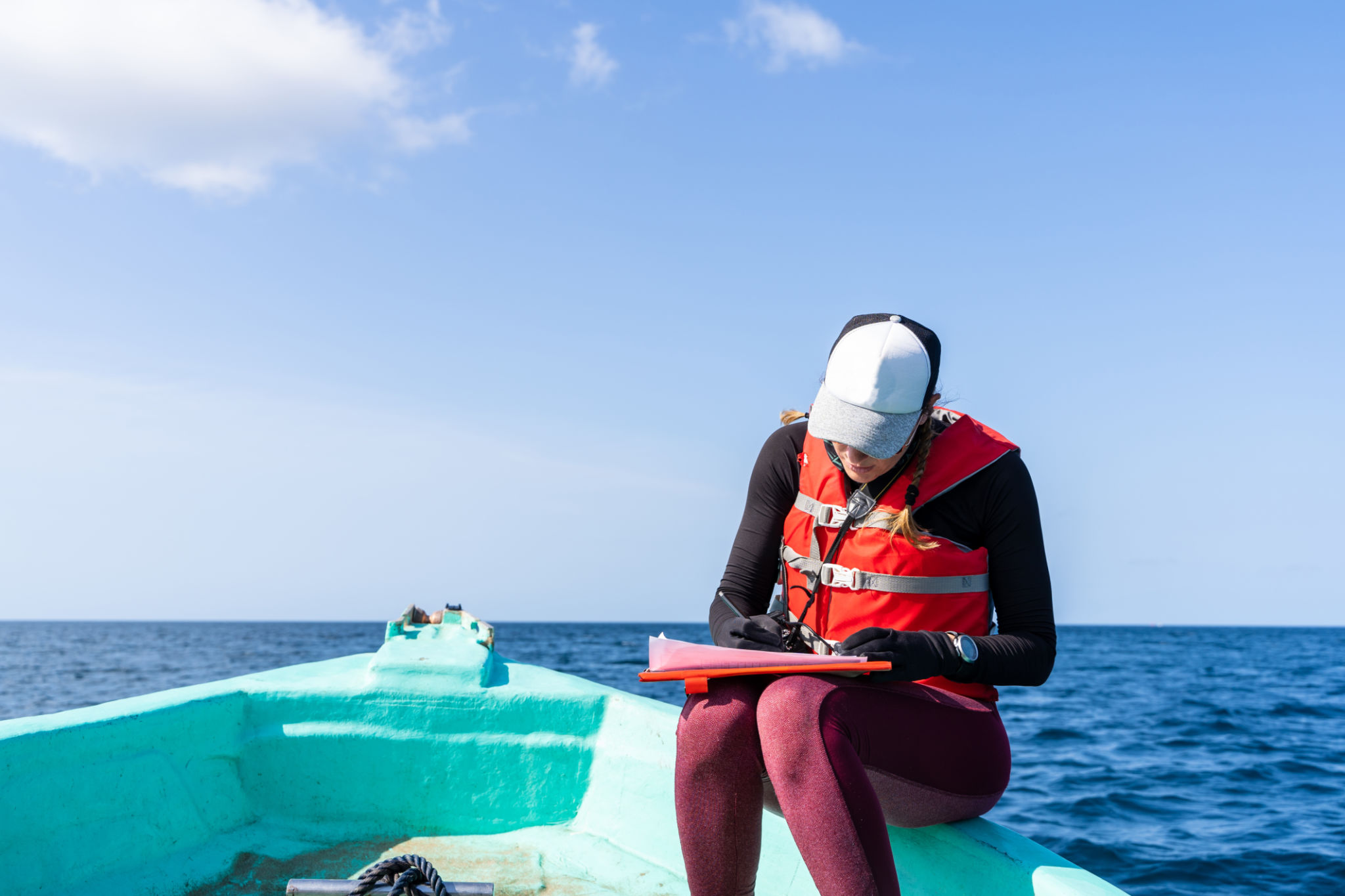Understanding Ghana's Coastal Ecosystems: Importance and Preservation
Introduction to Ghana's Coastal Ecosystems
Ghana, located along the Gulf of Guinea, boasts a diverse and vibrant coastal ecosystem. These ecosystems are not only integral to the country's natural heritage but also crucial for the livelihoods of many communities. Understanding these ecosystems is key to appreciating their importance and the need for their preservation.
Ghana's coastal regions include sandy beaches, mangrove forests, lagoons, and rocky shores. Each of these habitats plays a unique role in supporting biodiversity and providing resources for human activities. The intersection of terrestrial and marine environments creates a rich tapestry of life that is both fascinating and essential.

The Importance of Coastal Ecosystems
Coastal ecosystems in Ghana serve as vital resources for both ecological and economic reasons. They act as breeding grounds for numerous marine species, including fish that are crucial to both local diets and economies. Furthermore, these areas provide natural defenses against storms and erosion, protecting inland communities.
Beyond their environmental benefits, coastal ecosystems contribute significantly to Ghana's economy. Fisheries, tourism, and agriculture are all industries that rely heavily on healthy coastal environments. The beauty and biodiversity attract tourists from around the globe, while sustainable fishing practices support local economies.
Biodiversity and Habitat
Ghana's coasts are home to a wide array of species, from migratory birds to marine turtles. These ecosystems support various plant species as well, which help maintain the ecological balance. The mangrove forests, for instance, are critical for carbon sequestration and provide shelter for numerous animal species.

Threats to Coastal Ecosystems
Despite their importance, Ghana's coastal ecosystems face several threats. Climate change poses a significant risk, with rising sea levels and increased storm intensity threatening to erode coastlines and disrupt habitats. Additionally, human activities such as overfishing, pollution, and unregulated development put further strain on these environments.
Pollution from industrial activities and improper waste disposal leads to the degradation of water quality, affecting both marine life and human health. Overfishing not only depletes fish stocks but also disrupts the balance of marine ecosystems. Addressing these threats requires concerted efforts from government bodies, local communities, and international organizations.
Preservation Efforts
Preserving Ghana's coastal ecosystems involves a combination of policy implementation, community engagement, and sustainable practices. The government has initiated several projects aimed at conservation, including the establishment of marine protected areas. These efforts are designed to safeguard biodiversity while promoting sustainable use of resources.

Community involvement is crucial in these preservation efforts. Educating local populations about the importance of coastal ecosystems encourages sustainable practices and empowers communities to take part in conservation initiatives. Collaborative efforts between local authorities, NGOs, and international partners can drive meaningful change.
Looking Forward
The future of Ghana's coastal ecosystems depends on our actions today. By understanding their importance and actively working towards their preservation, we can ensure that these vital natural resources continue to thrive. Protecting these ecosystems is not just an environmental necessity but also a commitment to sustaining livelihoods and cultural heritage.
In conclusion, Ghana's coastal ecosystems are invaluable assets that require immediate attention and action. Through education, responsible management, and collaborative efforts, we can preserve these ecosystems for future generations while enjoying the benefits they offer today.